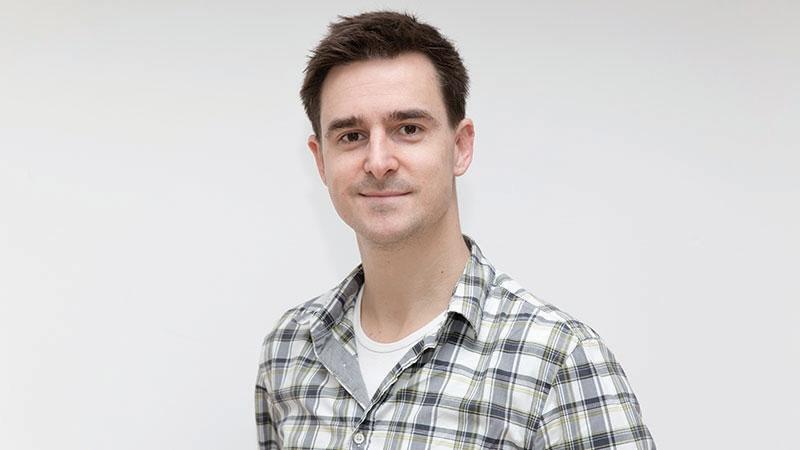Professor Lewis Dartnell, Professor of Science Communication, was interviewed on LBC by Andrew Marr about how society would cope with a major emergency and how it could rebuild from the knowledge we have of history.

In the interview segment, Andrew Marr discussed the survivalism, or “prepping”, social movement - in which individuals or groups proactively prepare for emergencies, such as natural disasters - with guests Professor Dartnell and Dr Sarita Robinson of the University of Central Lancashire, also known as Dr Survival. This follows the case of a doomsday prepper who was jailed for hoarding an arsenal of weapons under his floorboards in Canterbury, Kent.
Professor Dartnell spoke about the more likely events which might lead to a collapse in our civilisation, such as a solar flare hitting our Internet system. He also discussed whether society has become too fragile to deal with unexpected events due to how conveniently goods and services can be accessed, and what we can discern from history about how society would deal with a major emergency.
Speaking about whether our society has become overly fragile too quickly, Professor Dartnell commented: “Yes, I think this interconnectedness [of our systems] is one of the benefits of modern society… you can click on something, and it’s delivered a day later. But it’s also a source of great fragility because of that interconnectedness – a failure in one part of our society can send ripple effects throughout the entire network and the entire thing could collapse, pretty readily, over the course of weeks perhaps.”
Watch the full interview on LBC’s website.


